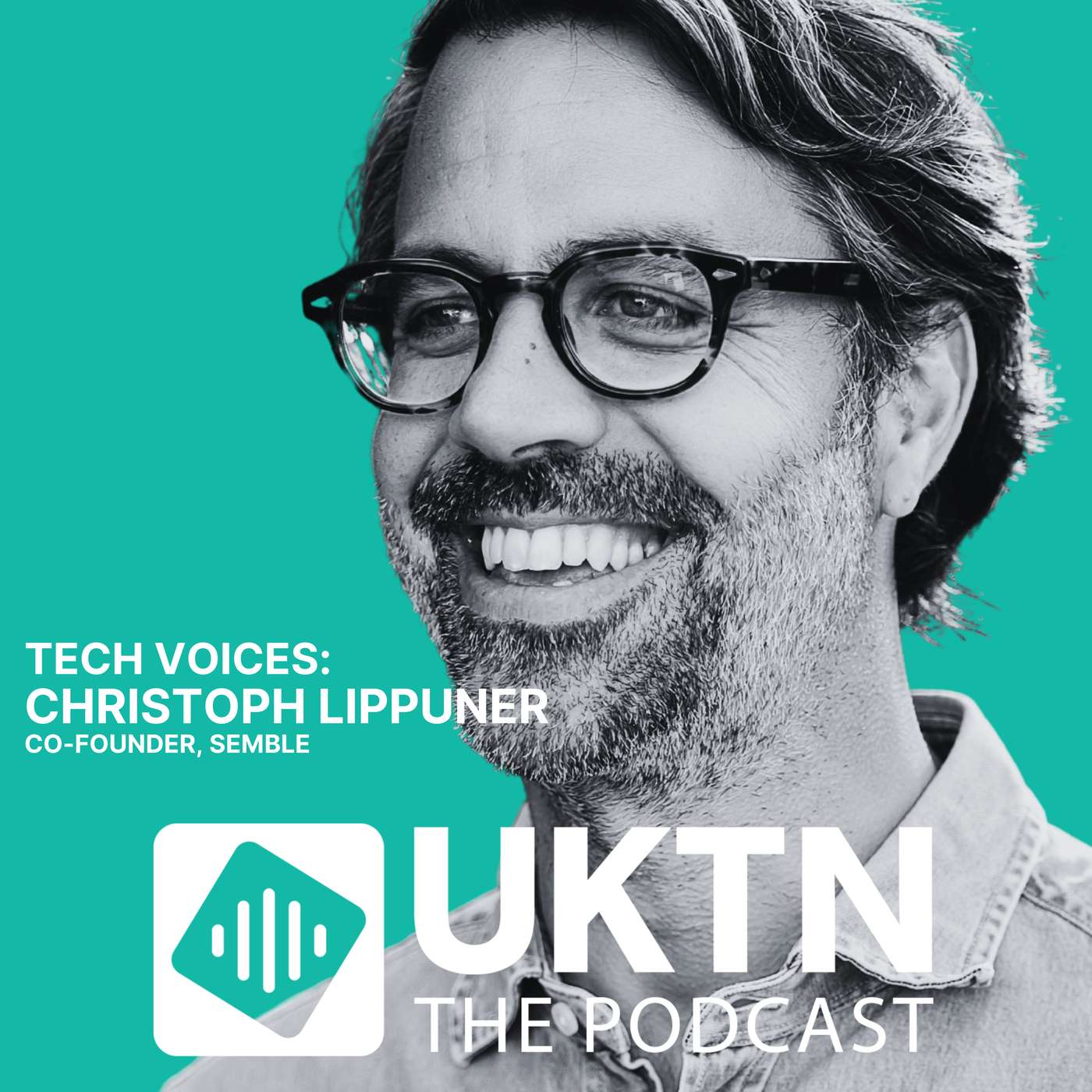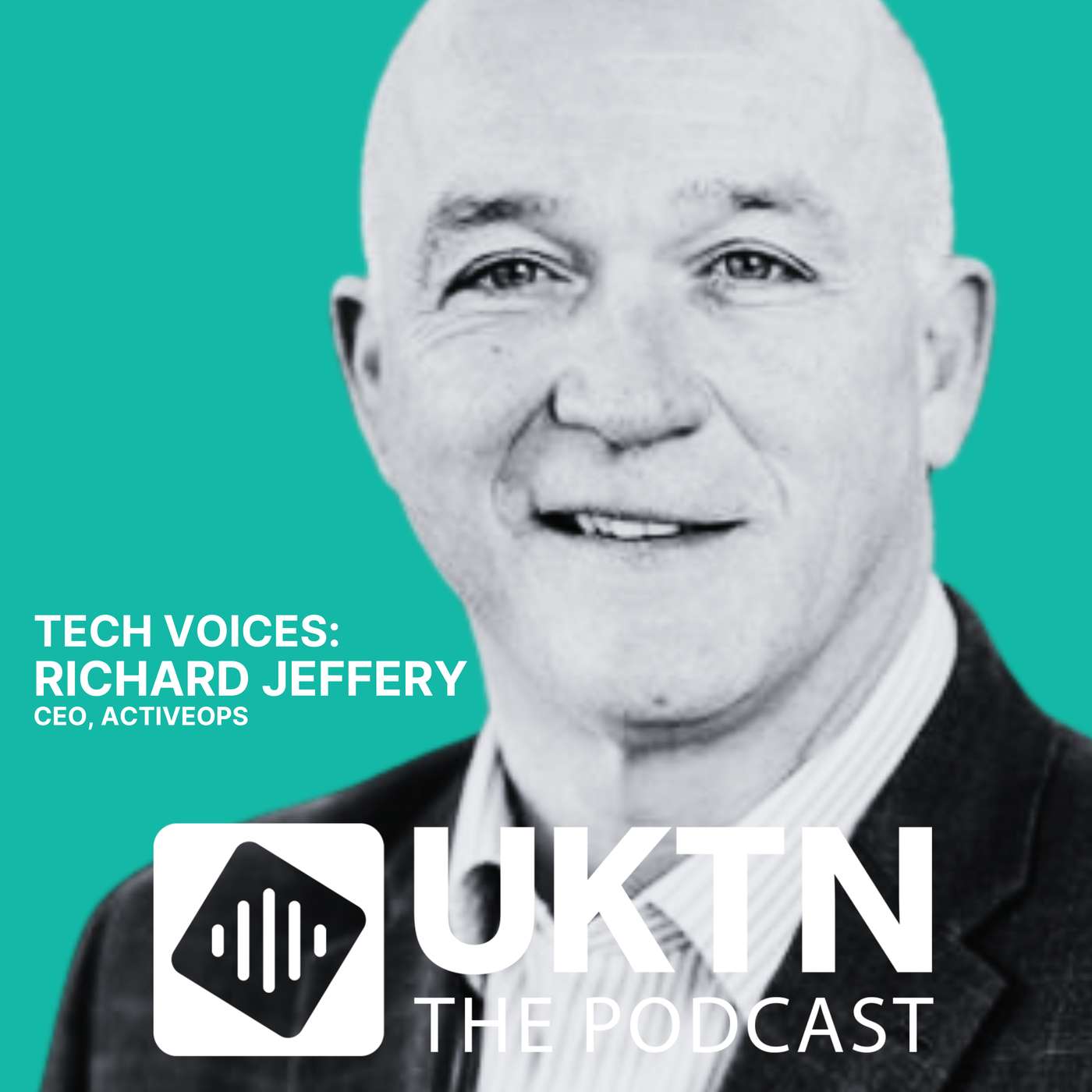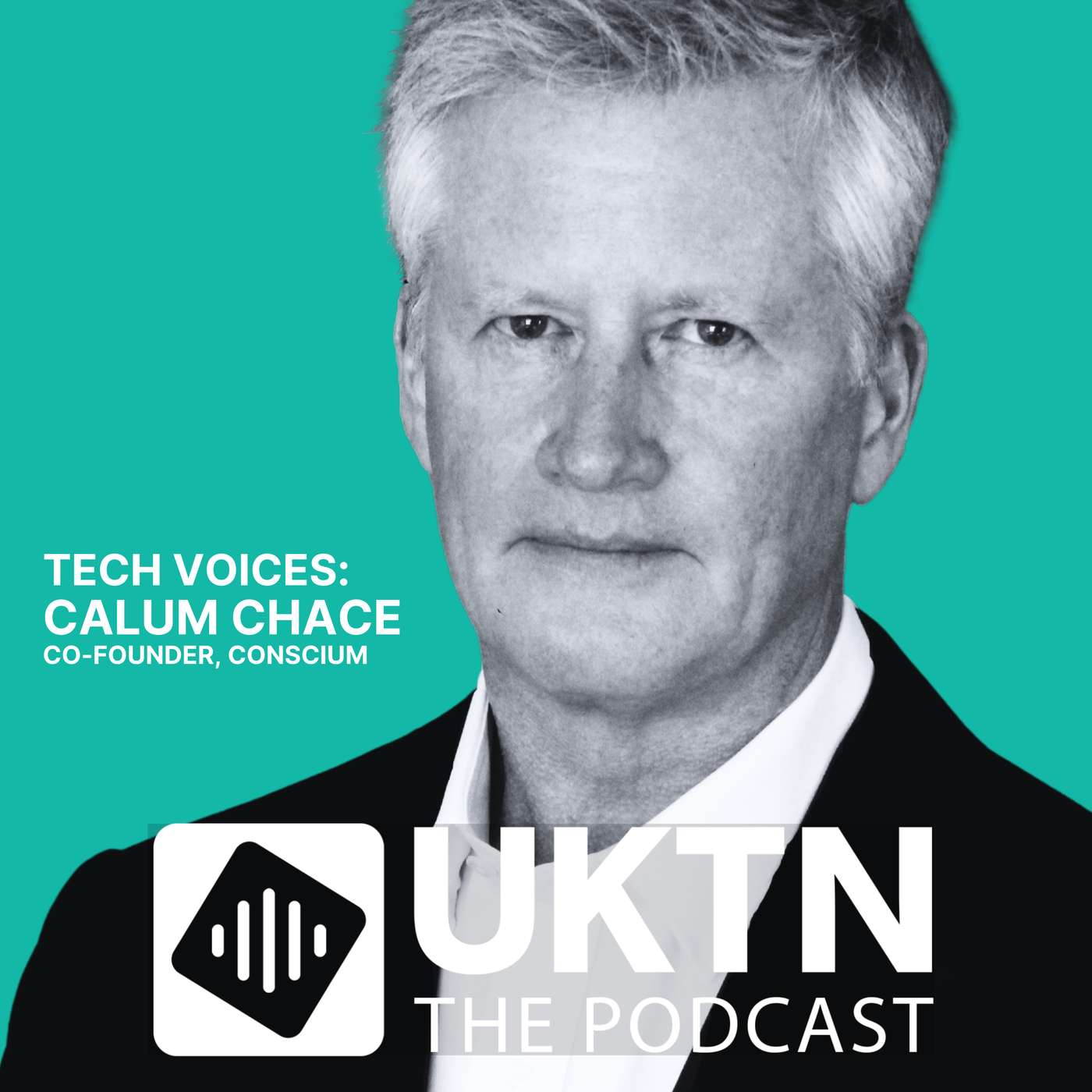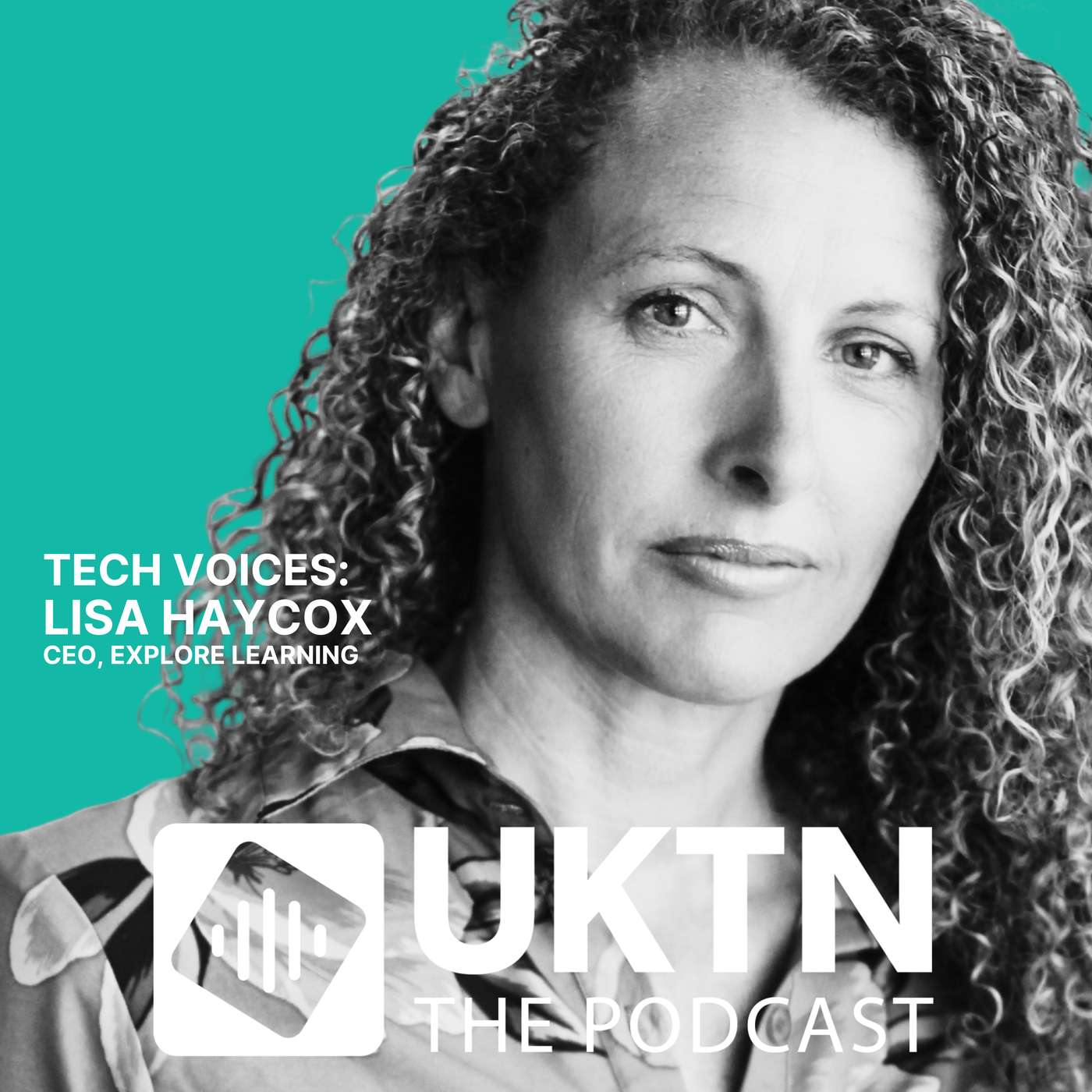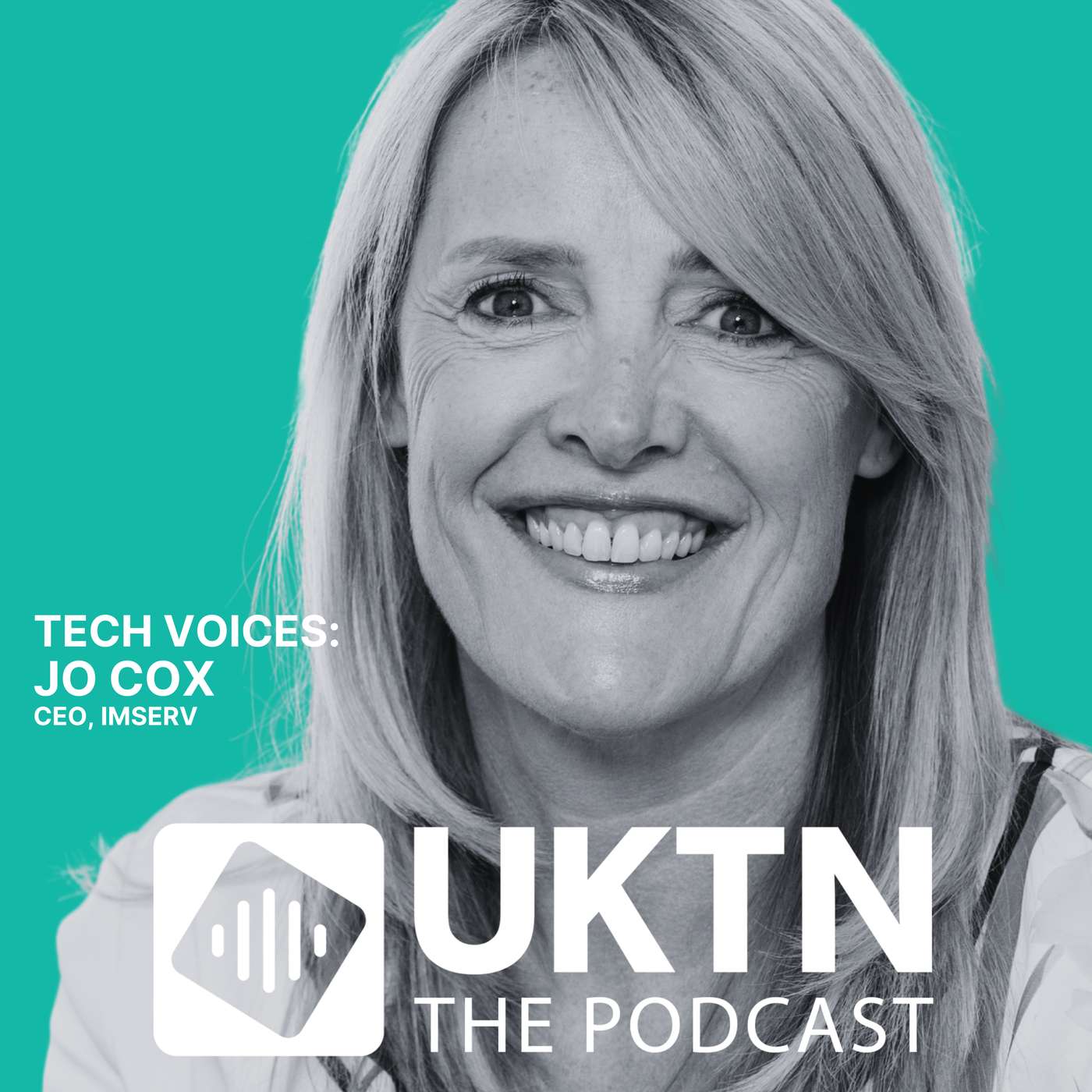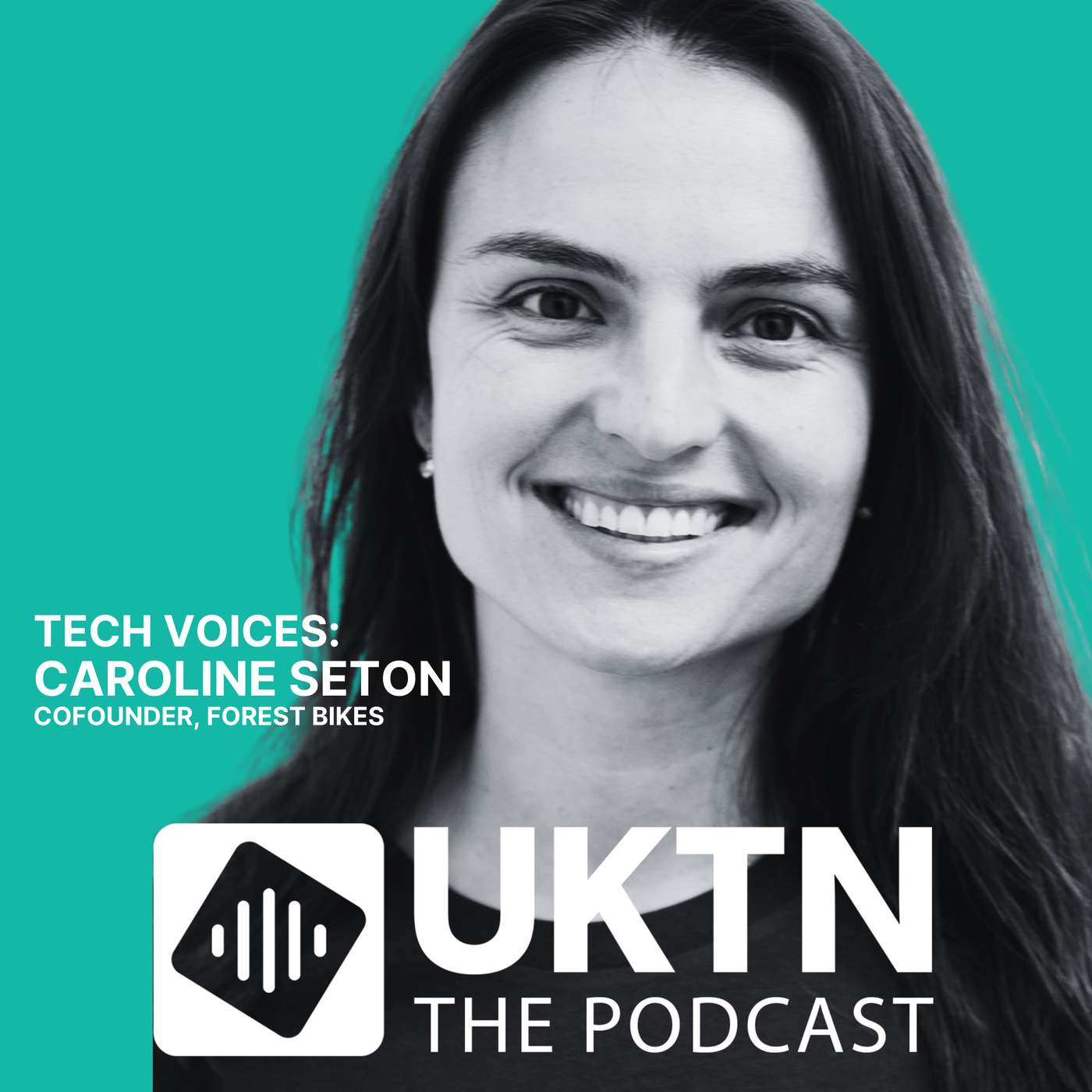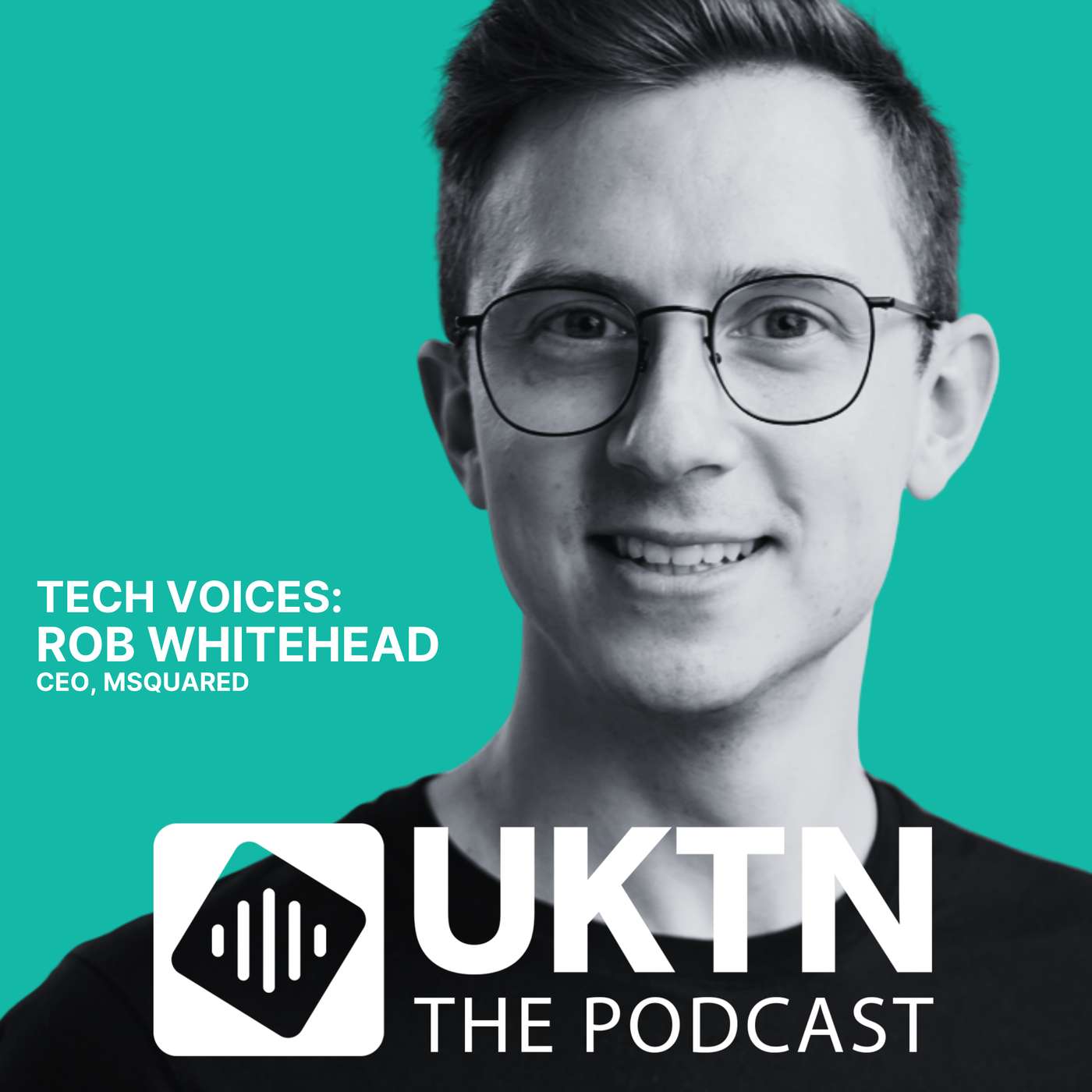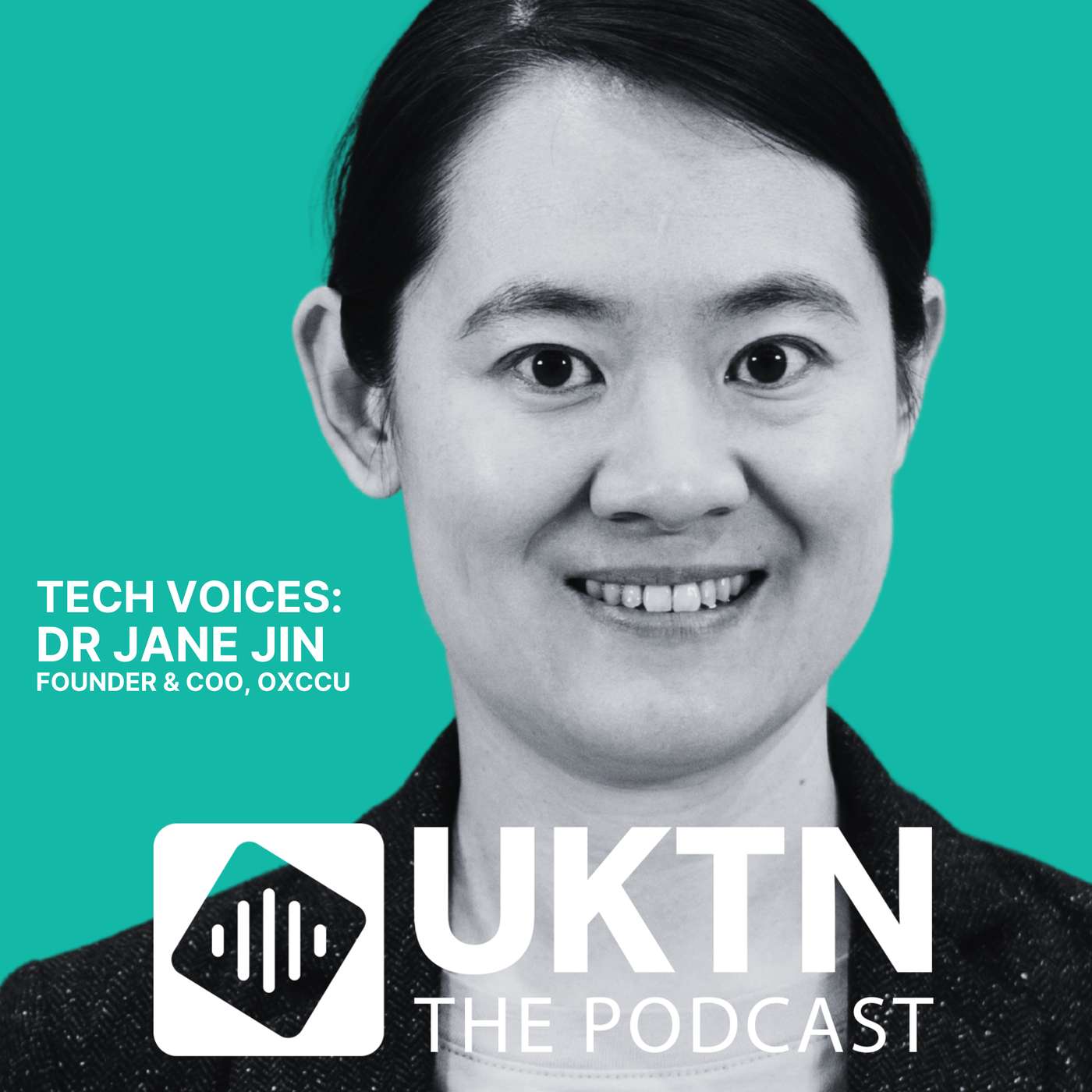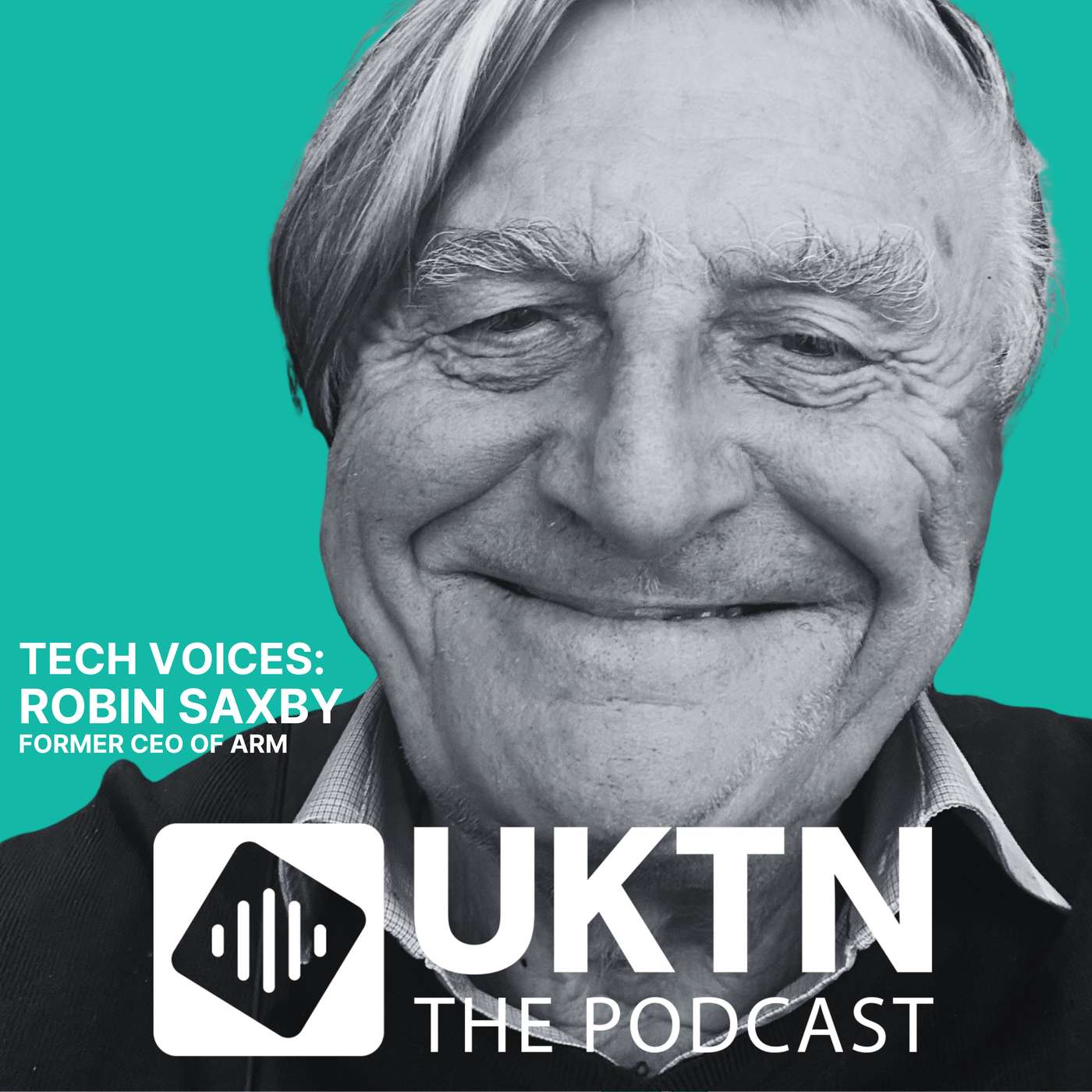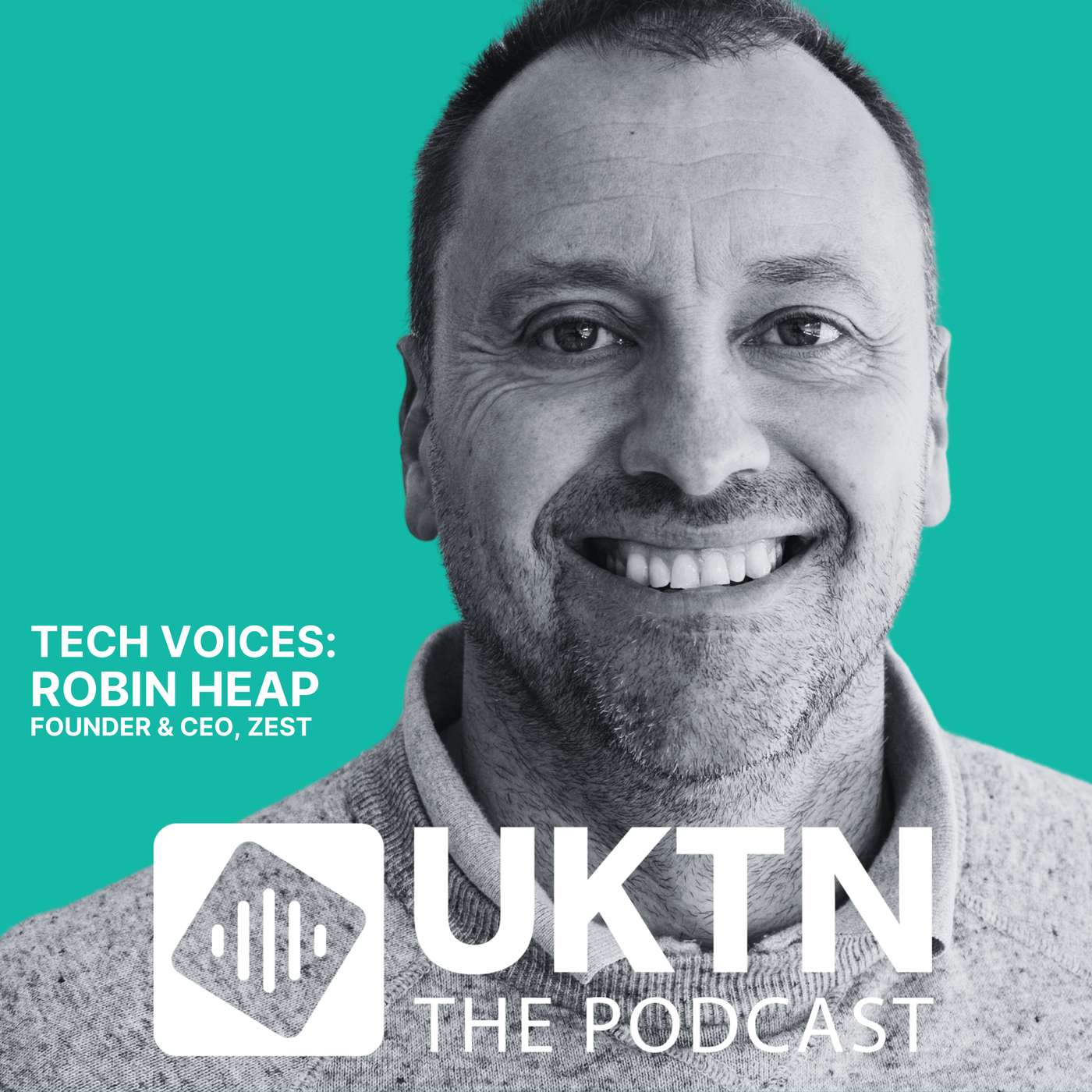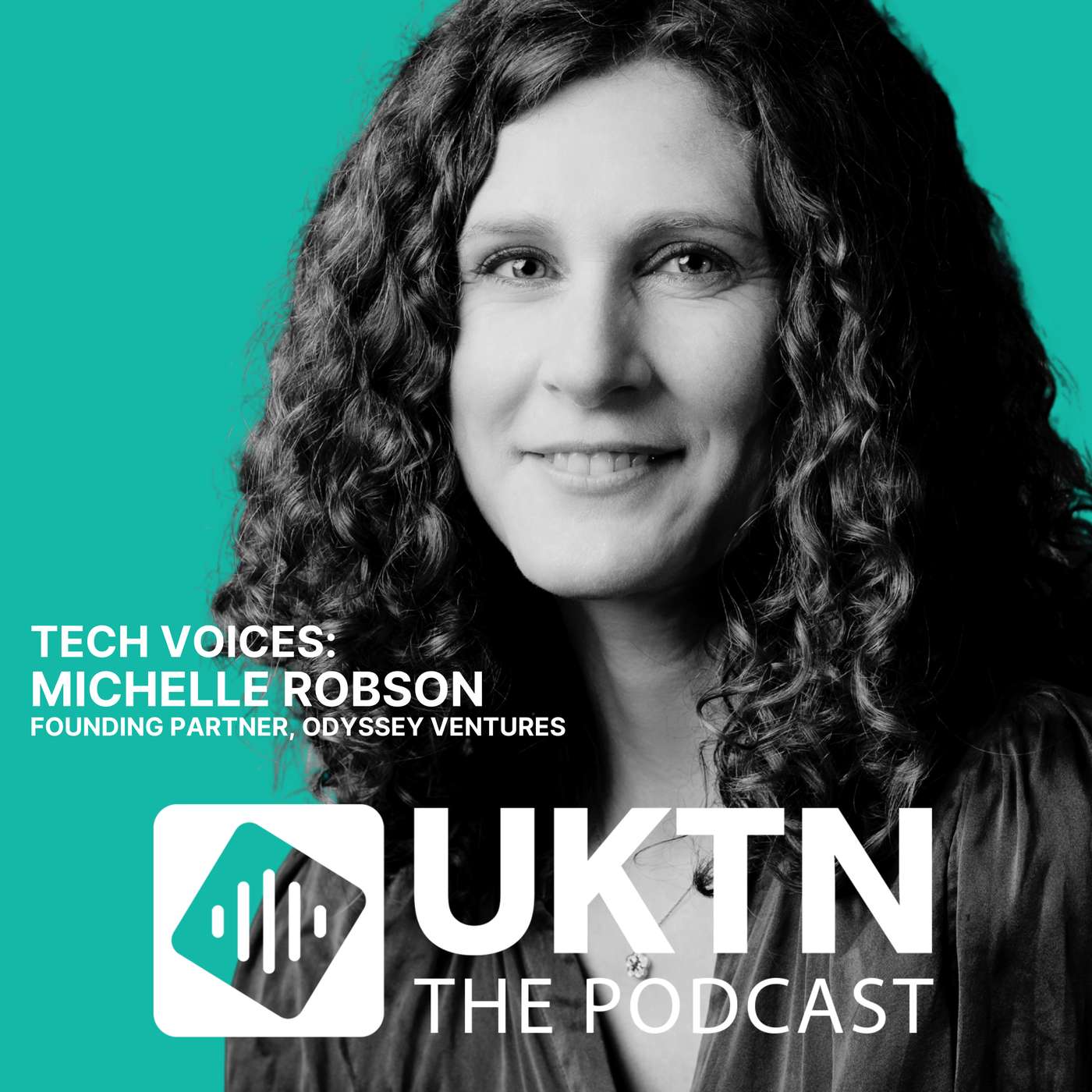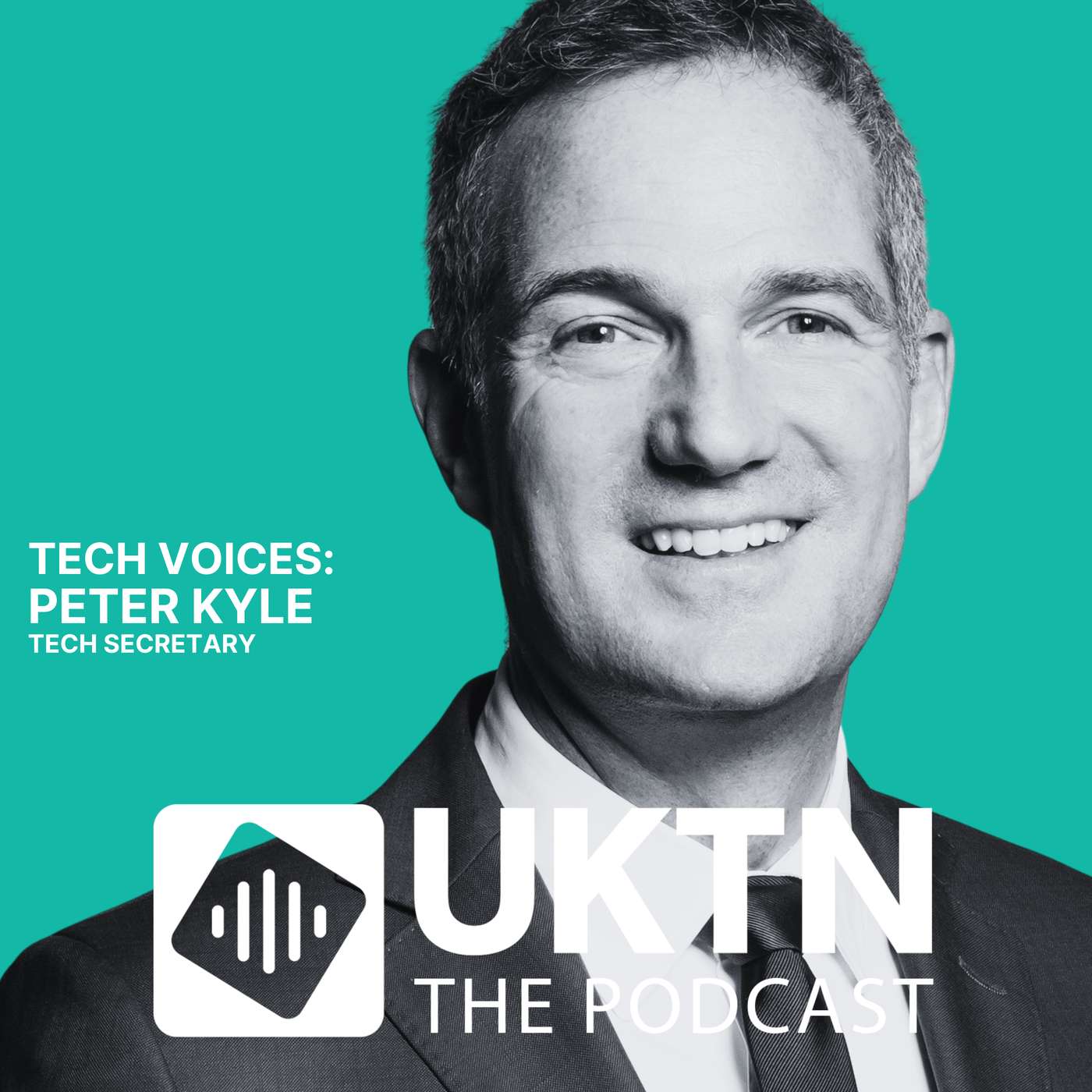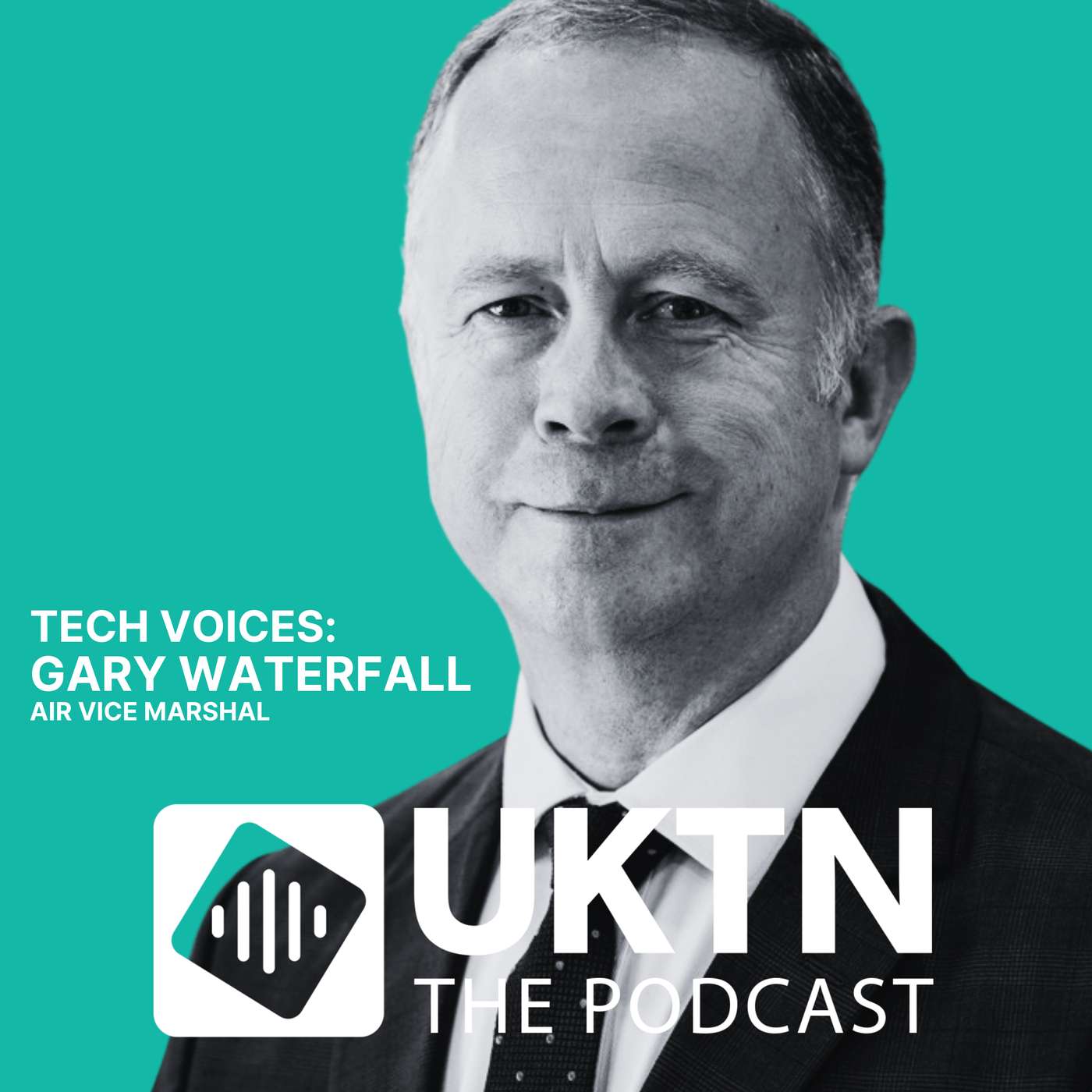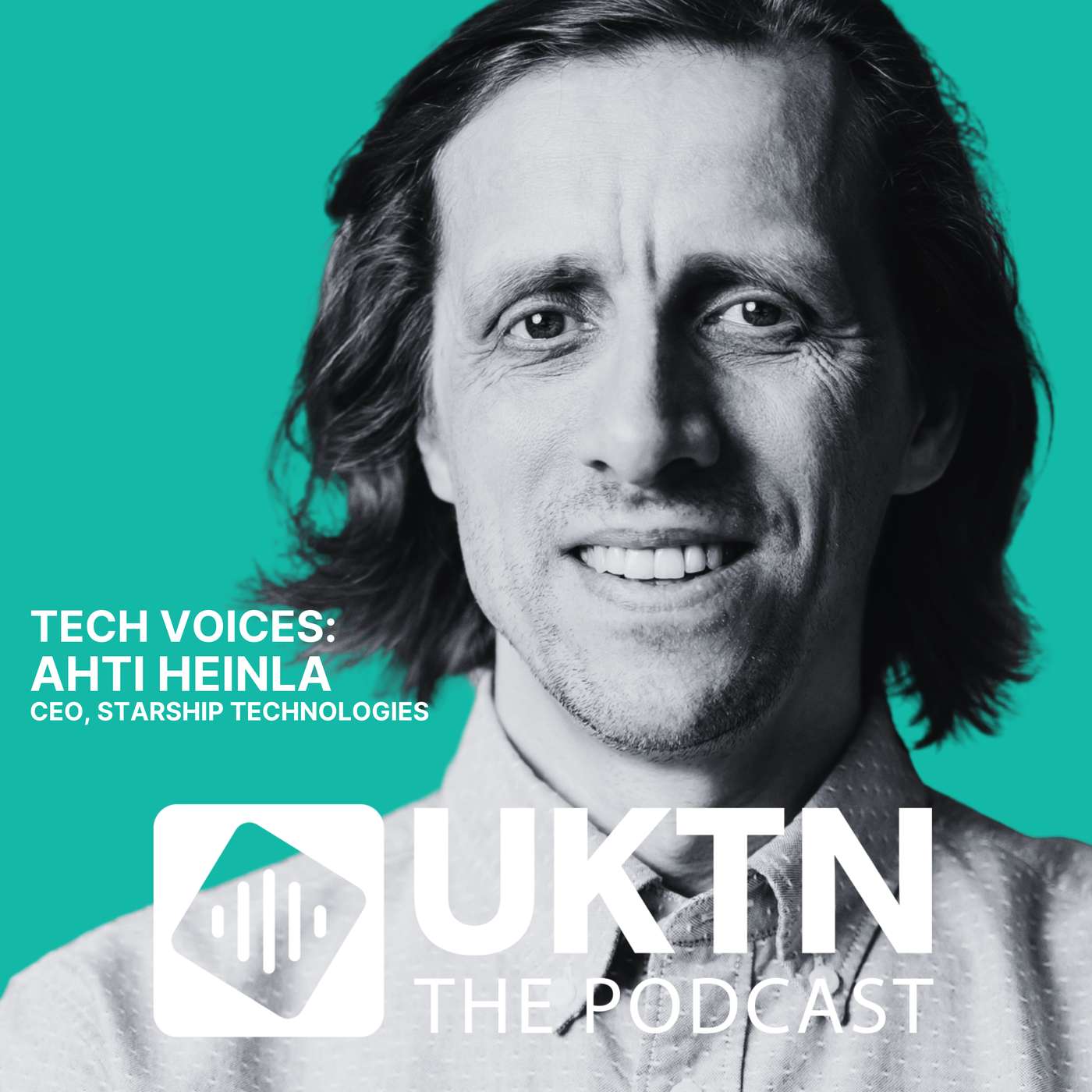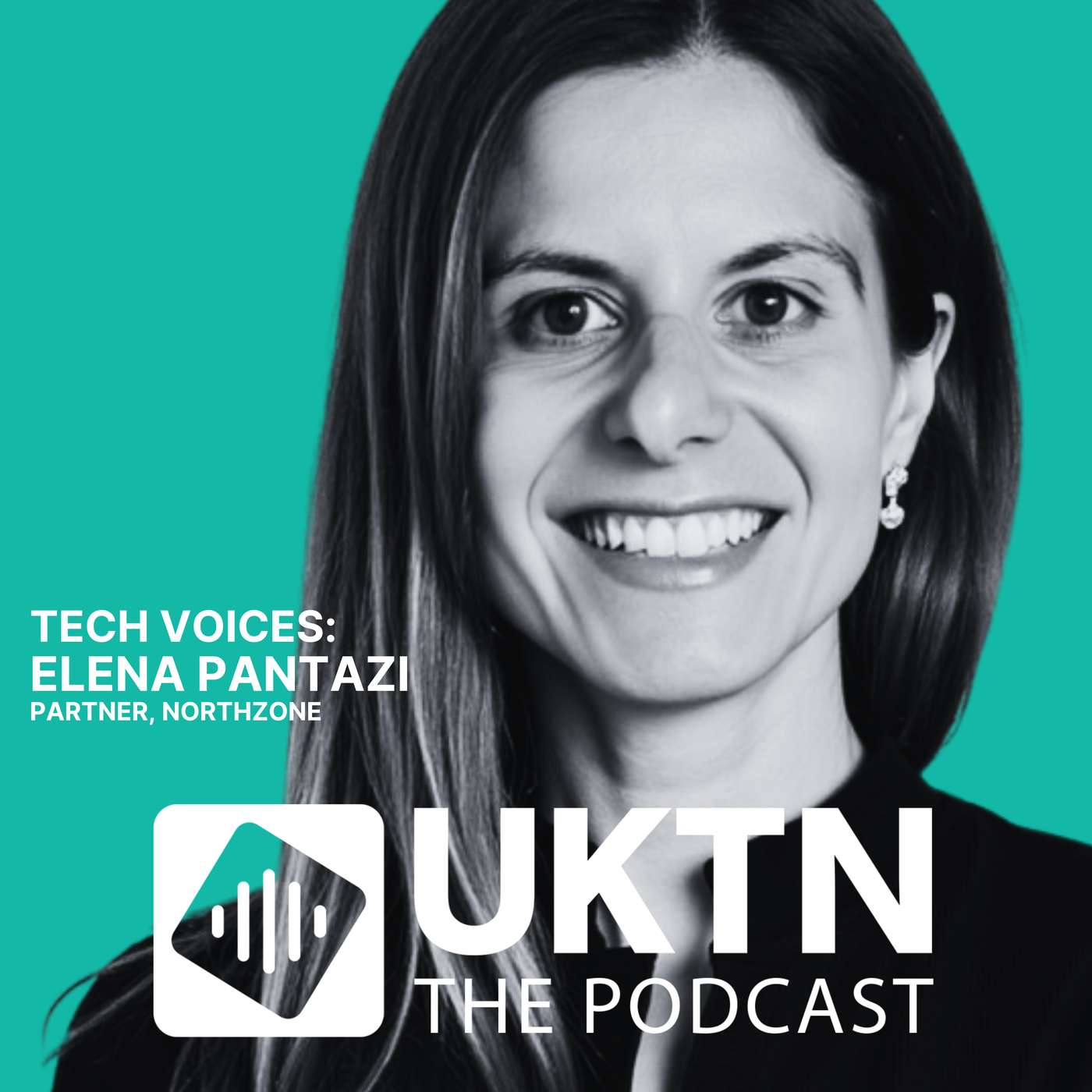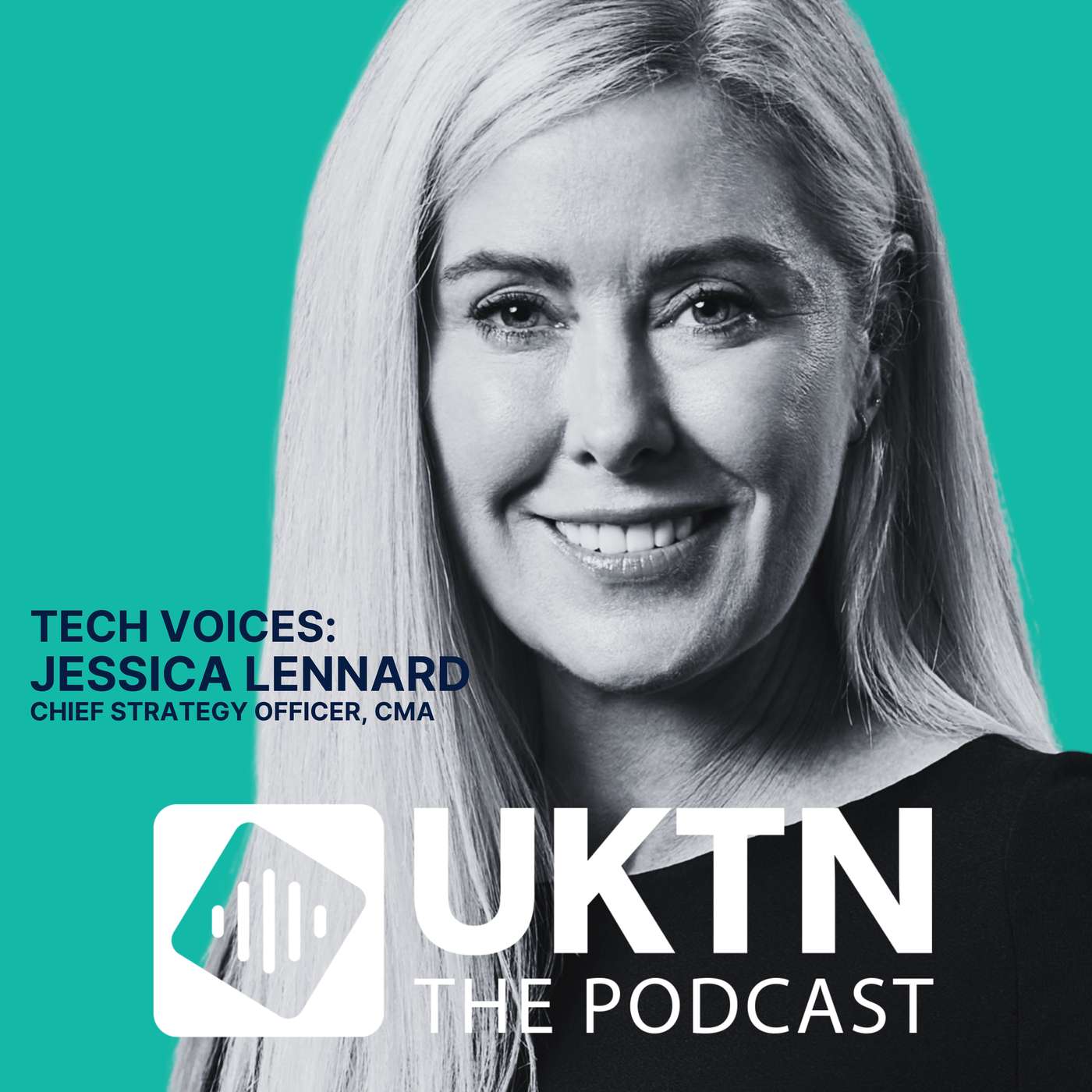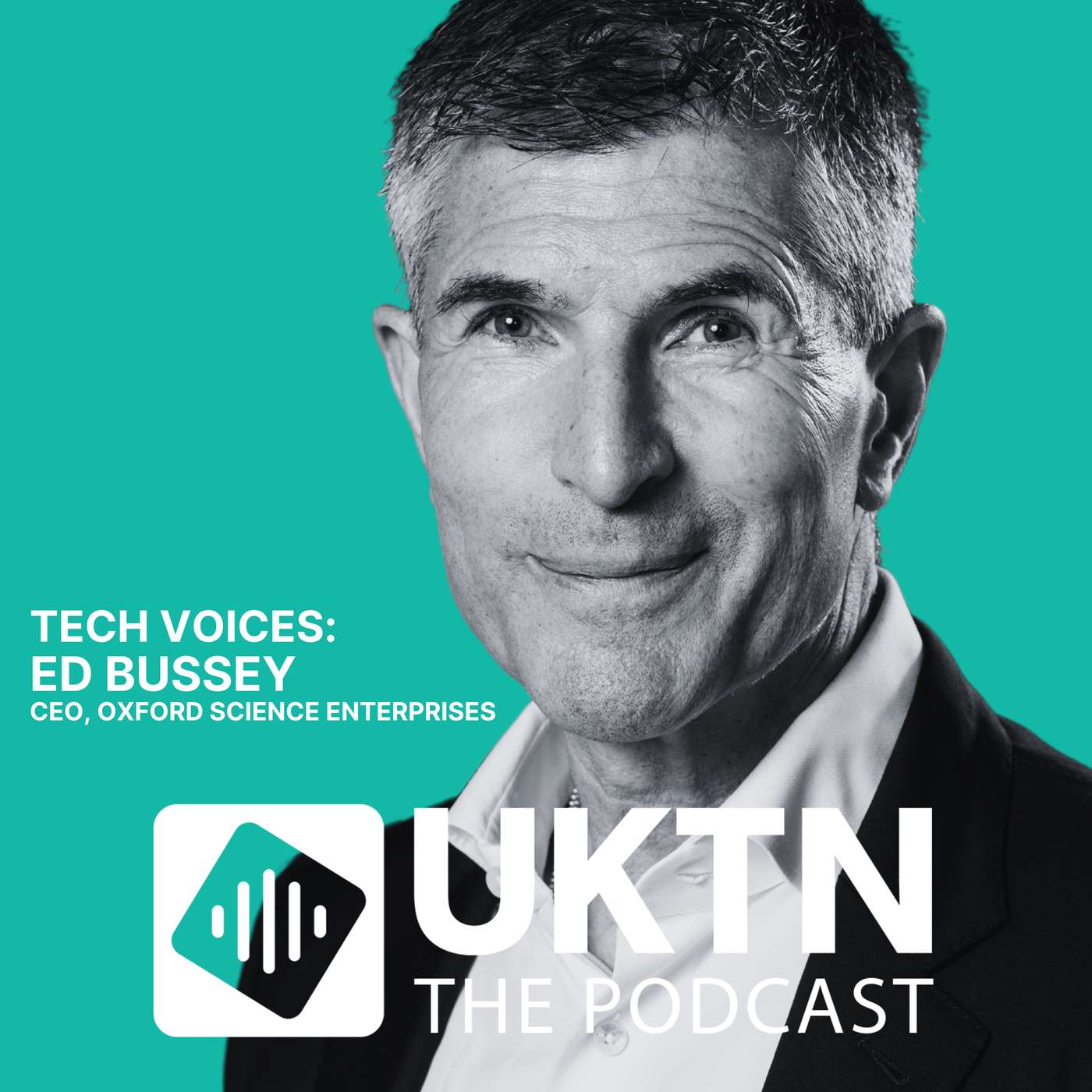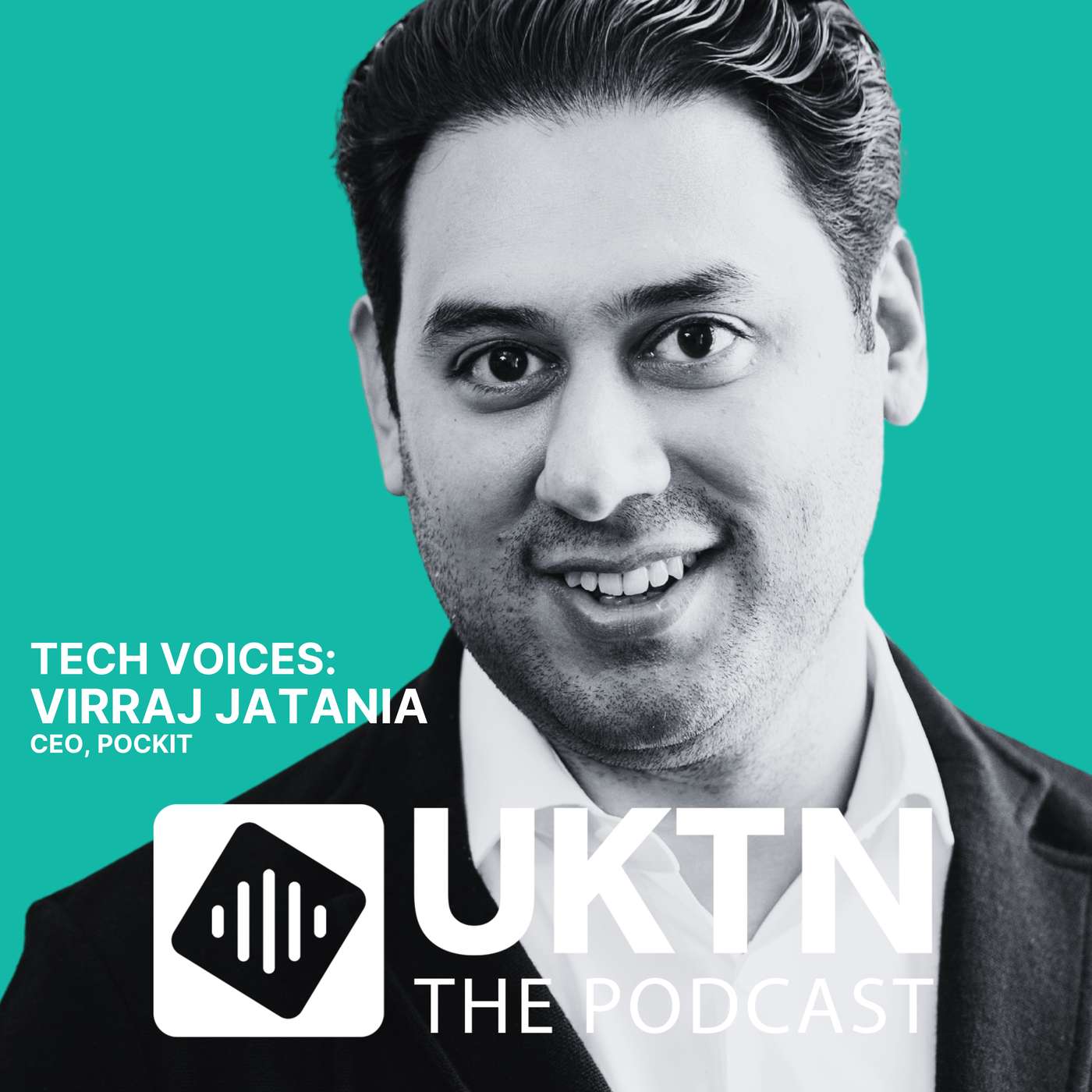Discover UKTN | The Podcast
UKTN | The Podcast

UKTN | The Podcast
Author: UKTN
Subscribed: 8Played: 222Subscribe
Share
© 2022 MEDIA VENTURES INTERNATIONAL LIMITED T/A UKTN. REGISTERED IN ENGLAND & WALES AT WEWORK 41 CORSHAM ST LONDON N1 6DR. COMPANY NUMBER 11023400.
Description
Each week, Jane Wakefield sits down with some of the key movers and shakers from the UK tech ecosystem for the UKTN Podcast. Learn growth strategies from both seasoned and up-and-coming founders, hear market sentiments from investors, and understand the tech policy affecting businesses across the country.
The UKTN Podcast provides insight into the most influential people in the UK’s innovation economy, exploring their personal and professional journeys and hearing their views on the hottest tech topics of the day.
The UKTN Podcast provides insight into the most influential people in the UK’s innovation economy, exploring their personal and professional journeys and hearing their views on the hottest tech topics of the day.
137 Episodes
Reverse
Christoph Lippuner, co-founder and chief executive of Semble, discusses why healthcare professionals are far too often victims of extreme burnout, why that is a problem for everyone and the challenges he faced raising money for his business. Semble provides management software for healthcare providers. The platform helps clinicians and clinics manage everything from scheduling, billing, and prescribing to patient data and administrative workflows, aiming to reduce manual work and amplify time spent on patient care.
Richard Jeffery, co-founder and chief executive officer of ActiveOps, discusses the challenges of managing work productivity in large organisations and the impact of AI on decision intelligence and operational efficiency. ActiveOps is a workflow management software provider founded in 2005, now operating in 40 countries around the world.
Calum Chase, co-founder of Conscium, discusses why fears of an AI winter have been greatly exaggerated, why the industry has surpassed the hype phase and will continue to grow and the transformational impacts already happening and those yet to come. Conscium is a research organisation focused on applied AI consciousness. The group was founded to explore the questions of the nature of consciousness and how that can apply to AI technology.
Lisa Haycox, chief executive of Explore Learning, discusses the technologies that should and should not be used in children’s education, how perceptions of digital learning changed after the pandemic and how AI represents the future of edtech. Explore Learning is a tuition provider for young students via its digital platform. Haycox discusses the shortfalls of traditional schooling structures and the pros and cons of supplementing education with technology.
Jo Cox, chief executive officer of ImServ, discusses how smart tracking of energy use works for businesses, how AI can help collect and manage energy data and the myths around smart meters. IMServ is a data collection and energy metering firm. Cox, who was appointed as the group’s CEO in 2024, discusses the importance of understanding baseline energy usage to improve efficiency and reduce carbon footprints.
Caroline Seton, co-founder of Forest, discusses the cultural shift in perceptions of cycling brought in by bike hire services, the infrastructural barriers to encourage mass cycling and navigating the venture capital landscape. Forest, founded as Human Forest, is a London-based bicycle hiring service competing with the likes of Lime. The company was founded in 2020 and has become one of the UK capital's most used bike rental firms.
Rob Whitehead, chief executive of MSquared and co-founder of Improbable discusses why despite a drop in the initial hype, companies in the space are still making exciting innovations in metaverse technology. Whitehead explains why different iterations of virtual space technology have struggled to take off and why focusing on the correct use cases that properly utilise the technology is the key for consumers to enjoy metaverse experiences.
Dr Jane Jin, founder and chief operating officer of OXCCU, discusses the complexity of developing sustainable aviation fuel (SAF), the history of how it has been deployed in the past and just how impactful viable could be for the environment and the aviation industry. OXCCU is a spinout from the University of Oxford developing technology to turn waste carbon into sustainable aviation fuel as well as climate friendly chemical products and biodegradable plastics.
Robin Saxby, former chief executive officer and chairman of Arm, discusses the history of his old company, the ever-changing complexities of how geopolitics impacts business and the urgent need for common sense among the world’s politicians to take a global approach to our largest problems. Saxby became Arm’s first CEO in 1991 and oversaw its rise to prominence that would ultimately lead it to being one of the most important technology companies in the world. Saxby has also held roles at Motorola, Pye and European Silicon Structures.
Robin Heap, founder and CEO of Zest, discusses how the cultural perception of electric vehicles has radically changed over the years, the massive growth in the UK electric car market and why the road to full electrification requires a great deal more effort from automotive firms, policymakers and consumers. Zest is company specialising in electric vehicle charging infrastructure. The firm installs, manages and maintains EV charge points on behalf of public and commercial landowners.
Michelle Robson, founding partner at Odyssey Ventures, discusses her journey from chemical engineering grad to launching a venture capital firm, the qualities she looks for in a founder seeking investment and Europe’s place in a tech landscape dominated by Silicon Valley. Odyssey Ventures is a venture capital group based in London and San Francisco with a particular focus on early-stage European founders. Among the VC’s primary targets are startups developing solutions in climate tech, sustainability and decarbonisation.
Tim Peake, British astronaut, discusses his experience on his mission on the International Space Station, how modern space exploration is changing with the advent of private companies like SpaceX and why humanity is only scratching the surface of the scientific value that can come from in-orbit experimentation. A British European Space Agency astronaut and ambassador at the Festival of Speed Future Lab, Peake flew to the International Space Station in 2015 and has spent almost 200 days in space. Peake discusses the political nature of space travel and the exciting future of the burgeoning space tech industry.
Peter Kyle, Secretary of State for the Department for Science, Innovation and Technology, discusses the enormous challenge of transforming government services for the automated digital age, how the government plans to create millions of skilled AI workers and Labour’s hands on approach to the tech sector. Kyle was given the reins of the Tech Department when Labour came to power in July 2024. The MP for Hove and Portslade has been tasked with overseeing one of the government's most ambitious missions, turbocharging the tech sector to meet the growth demands of the nation.
Air Vice Marshal Gary Waterfall, a retired senior officer of the Royal Air Force, discusses the desperate need to ensure domestic defence is able to keep up with the advancements of technology, the surprising parallels of a career in the military and a career as an entrepreneur and the historical links between the military and the development of technology. Waterfall discusses the recent focus of the government on investing in advanced defence technology in the context of global threats across the world.
Ahti Heinla, CEO of Starship Technologies and one of the original creators of Skype discusses the surprising truth behind Estonia’s digital transformation over the past three decades, the massive and enduring impact of Skype and why whether its video calls or delivery robots, his businesses have always been the target of sceptics. Heinla helped create the iconic video conferencing software back in 2003. Today, the Estonian is focusing his efforts on Starship Technologies, which develops autonomous last mile delivery robots.
Elena Pantazi, a partner at Northzone, discusses the challenges founders have managing startups in a fluctuating industry, why the UK might not need to compare itself to Silicon Valley and how VCs can unfortunately treat male founders very differently to women. Northzone is a multi-stage venture capital fund based in London. It has backed some of Europe’s largest tech companies, including Spotify, Klarna and Kahoot. Pantazi talks the importance of mentorship and competing against tech giants in the war for talent.
Jessica Lennard, chief strategy officer at the CMA, discusses how the regulator has to balance its work with the world’s largest tech companies with the vast startup market, how the CMA’s competition regulation is evolving to suit innovation and why the wider regulatory regime as a whole is changing in the era of the modern industrial strategy. The Competition and Markets Authority is the UK’s regulator for corporate competition. Overseeing areas such as mergers and acquisitions, ensuring companies meet pro-competition requirements and consumer protection.
Tanya Suarez, chief executive of IoT Tribe and head of the JANUS consortium, discusses why UK defence underinvestment has left the country vulnerable, the rising danger from international actors and the surprisingly thriving startup ecosystem in the defence tech sector. IoT Tribe is an accelerator group that was appointed by the government’s Defence and Security Accelerator to run programmes for startups in the space. IoT Tribe leads the group of specialist organisations called JANUS, the UK participant in NATO’s Defence Innovation Accelerator for the North Atlantic.
Ed Bussey, CEO of Oxford Science Enterprises, discusses why time is running out to solve British tech’s scaleup funding gap, why the potential for the UK tech industry is so much greater than its current performance and an out-there idea to improve the competitiveness of the London public markets. Oxford Science Enterprises is a venture capital firm managing assets worth more than £800m. The group operates in partnership with the University of Oxford and is a prominent backer of spinouts from the university.
Virraj Jatania, co-founder and chief executive of Pockit, discusses how the culture of financial services has changed since the 2008 crisis, why mergers and acquisitions have become an attractive option for fintechs and the trouble with push payment fraud regulations. Pockit is a London-based fintech that acts as a digital banking alternative targeting those whose needs are not met by traditional banks. Jatania explains the importance of providing financial services to those left behind by major institutions and the reality of running a British fintech in 2025.


